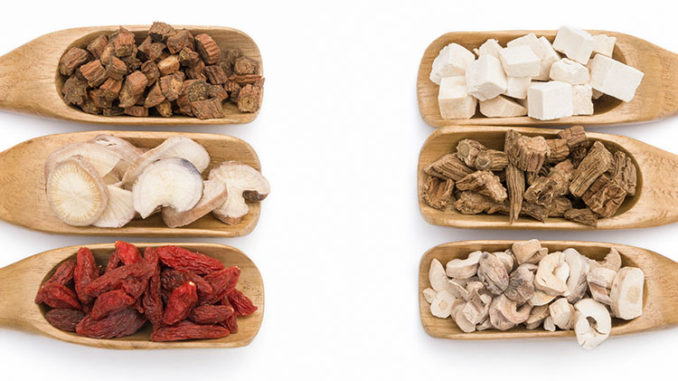
An herbalist’s approach health and wellness
Forms of herbs, flowers, plants, and roots were considered the first medicinal drugs some 60,000 years ago. As we progressed, Chinese Emperors, East Indian Ayurvedic practitioners, Egyptian kings, Roman physicians, and Greek botanists, published, preached, and practiced herbal medicine. From the fifteenth to eighteenth century people researched and documented, and in the 19th century scientists looked deeper into the active constituents of plants. With this focus, scientific pharmacy was ultimately born, exalting their remedies filled with plant derivatives used for centuries.
Today, the rich history of medicinal plants weaves a web that encompasses nearly the entire world, with many countries offering allopathic (mainstream) and herbal pharmacies. Because herbalists believe that the way to health and happiness is through internal system balance—lets take a look at easily accessible and understandable herbs that support two of our bodily systems.
The Cardiovascular System
Many properties in herbs can support our heart health—increasing efficiency of function, strengthening the heartbeat, and normalizing the heart rate. Herbal, cardiovascular remedies are typically divided into two groups: cardiotonics and cardioactives.
Cardiotonics (hawthorn berry, motherwort, gingko, garlic, linden, and others) should be taken long term and act as an overall heart hug as they improve heart rate and rhythm, and decrease palpitations and blood sugar. But, if it’s a dramatic effect your heart needs, turn to cardioactive herbs—like lily of the valley, purple foxglove, Scotch broom, and squill—that lessen the load.
The Respiratory System
We unconsciously breathe in and out throughout the day. I invite you now to focus on your breath and take a big inhale and exhale. Did your chest rise and your belly pull in? If so, you’re breathing only from the top lobes of your lungs. This is a reality for many, because as we age (or feel stressed), our breath becomes shallower, and we tend to use less of our lung potential. Shallow breath can negatively influence the body’s overall physical and emotional well being, including cells, nerve functions, circulation, digestion, and muscle action.
From asthma, to a sinus infection, or just overall function—the current state of our respiratory system is a big influence on our health. Many herbs can be used to treat illness, congestion, or relax or stimulate the entire system! Break up seasonal phlegm with Mucolytics like aniseed, cayenne, fennel, and angelica. Support your lymphatic system and swollen glands with Echinacea, blue flag, poke root, and red clover. Soothe and protect from inflammation with licorice, marshmallow, and slippery elm. Yum!
Check out the Herb Vault at Green’s Nutrition to meet all her herbal needs.




